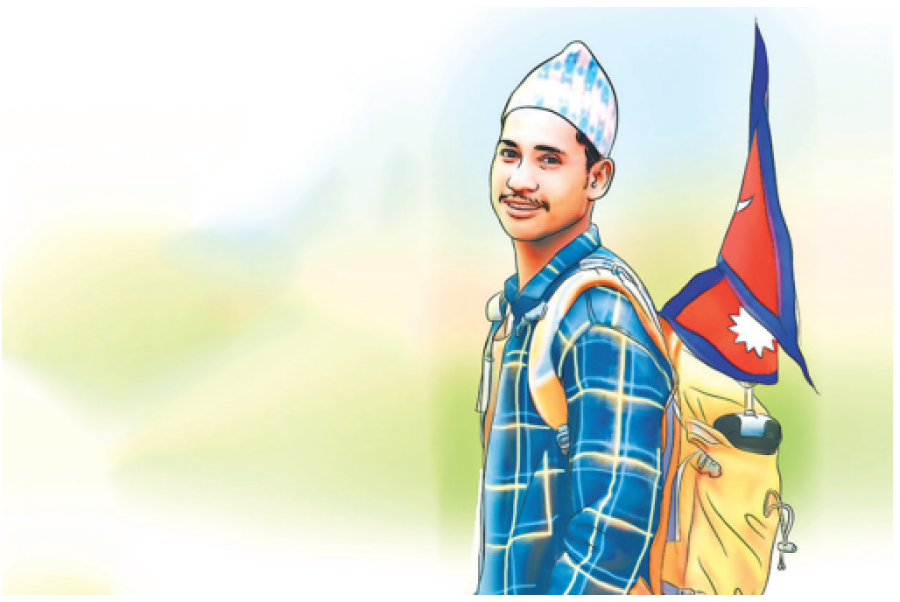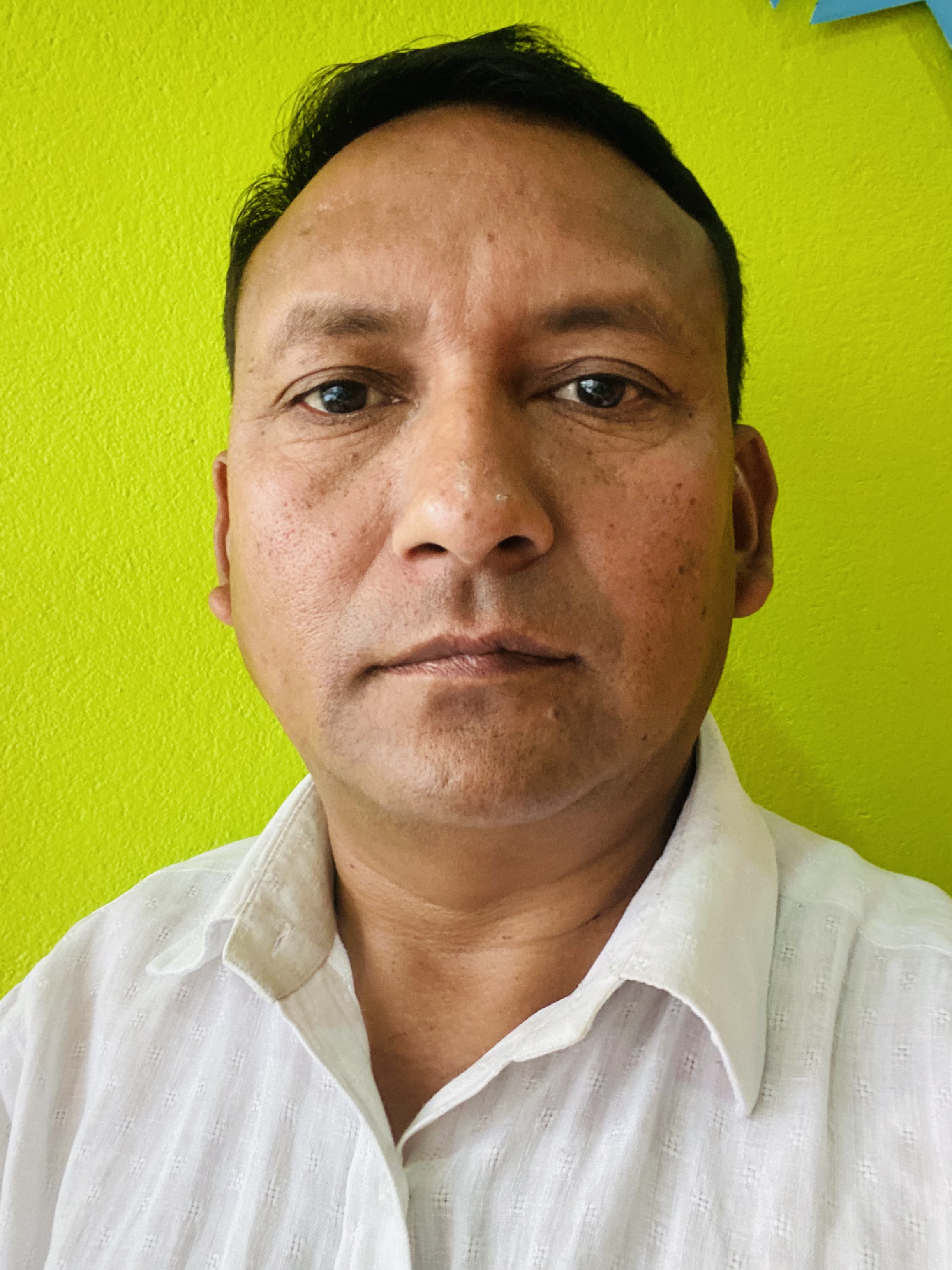Columns
Echoes of injustice in Soti incident
The violent death of six innocent men on the Bheri River was caused by caste hate.
Mitra Pariyar
May 24, this year, marks the fifth anniversary of the infamous lynching of Nabaraj BK and his five friends on the banks of the Bheri River in the village of Soti, West Rukum. Some high-caste villagers, including an elected ward chairman from the Maoist party, orchestrated an angry and violent mob. They were infuriated by Nabaraj, a low-caste man, trying to marry his girlfriend from their family.
On December 5, 2023, 26 suspects, including the local leader, were found guilty of both charges—murder and caste discrimination—in the West Rukum District Court. The cruel murderers were granted a life sentence. This verdict was widely appreciated.
Recently, the convicts appealed against the decision of the West Rukum District Court in the High Court, Surkhet. The appeal court upheld the life sentence for brutal murders. This was great.
But the High Court judges rejected the charge of caste discrimination. Now, this verdict against well-known facts is a serious travesty of justice. It is also potentially damaging for both the future victims of caste discrimination and the defenders of Dalit rights.
The murder and after
Occurring in May 2020, this is by far the most brutal and probably the biggest known case of caste violence in Nepali history. Dalit murders are common, but not on that scale.
And this was also one of the few cases of caste violence where some non-Dalits also lost their lives. A Thakuri and Magar man accompanying Nabaraj to the village of Soti were also tortured and killed, and had their bodies dumped into the river. Some of those bodies were recovered many days later.
Many people were shocked by the brutal torture and murder of six young men, including Nabaraj BK, in May 2020 in West Rukum. Dalit activists across the political spectrum came together and took to the streets in many towns and villages such as Kathmandu, Pokhara and Surkhet.
The deadly violence also incensed many people in the diaspora communities. Protest rallies were held in many cities worldwide, including Delhi, New York, Sydney and London.
The world media, including the BBC, CNN, AFP, Reuters, The Independent and The Guardian covered the deadly violence in some detail. International human rights groups such as Amnesty International, Human Rights Watch and Asian Human Rights Commission raised the alarm.
These respected international organisations unequivocally noted that the Nabaraj BK massacre had happened as a result of hate against Dalits; it was a clear case of caste violence. They urged the Nepali Government to resolve the societal problem of caste discrimination to prevent such cases in the future.
For example, responding to a separate case of caste violence in February 2004, the World Organisation against Torture (OMCT) observed from Geneva, “Despite these provisions (legal and constitutional) Dalits continue to face severe discrimination and violence.”
Many human rights defenders have also noted time and again that corrupt and casteist political parties, government, police, as well as the court system, often misuse their power to deny justice to the victims of caste hate.
It is common knowledge that few criminals involved in rape and murder of Dalits have been jailed. For instance, this issue has been documented in Amnesty International’s Report published on May 10, 2024.
The glare of national and international publicity didn’t stop the people in power from trying to protect the accused in the Nabaraj BK murder case as well. There was a significant delay in investigating the crime. People involved in the case alleged politicians, mainly the Maoists, of trying to manipulate the legal system to protect the murderers.
These allegations weren’t unfounded. The post-mortem report prepared by the local doctors stated that these guys had mainly died from drowning, rather than from beating.
The suspicions of foul play grew exponentially after Janardan Sharma, a senior Maoist figure and MP from West Rukum, told the Parliament that the victims had probably died from drowning as they jumped into the Bheri River, rather than from the villagers’ severe beating.
Home Minister Ram Bahadur Thapa (from the Maoist party) also claimed that the victims had probably died from drowning as they tried to flee. He didn’t seem keen to properly investigate the case using the police forces that he controlled.
A brief sense of justice
However, on December 5, 2023, the suspicions of the government and police authorities trying to protect the criminals came to nought. Justice was delayed, but it was served nonetheless.
That fateful day, Justice Khadga Bahadur KC of the West Rukum District Court found 26 men and women accused of murder guilty. The criminals, including the local Maoist leader, were declared guilty of both charges: Of murdering six young men and of practising caste discrimination.
Most people celebrated this verdict. The rule of law had been established. It was one of those rare cases where the law of the land protected the Dalit community. Dalit activists and human rights defenders openly praised this verdict.
International defenders of human rights and caste equality were also satisfied with the West Rukum district court verdict; Amnesty International called it a “historic verdict” on the infamous case of lynching.
High Court in the wrong
The Surkhet High Court offended the Dalits and national and international defenders of their rights by throwing out the charge of caste discrimination. We are yet to see how the two high-caste judges have explained their decision, but on the face of it, it’s a flawed decision.
It appears that the judges didn’t consider the Soti murders as a case of caste discrimination on the grounds that not all victims were Dalits. Now this is a ridiculously offensive argument.
I put the same question to the mother of the upper-caste Thakuri boy killed in the incident. She has also been organising a sit-in at Maitighar Mandala together with other victims’ families.
She responded, “Nabaraj and his friends were attacked and killed in such a cruel manner simply because they hated Nabaraj for his caste. They thought their daughter’s marriage to a low-caste man would offend their lineage deities, their ancestral spirits. Why else would they react so violently?”
Indeed, this is the crux of the problem. Regardless of whether they are educated or illiterate, everybody understands this reality. The cause of the violent death of six innocent men on the banks of the Bheri River was caste hate, which is rooted in religious texts and cultural practices.
Most Dalit activists decry caste discrimination and violence, but refrain from stressing the underlying cause of religion and culture in their discourses. I am still trying to understand why Dalit leaders and activists are still tight-lipped about religion.
When the leaders of the suffering communities themselves do not bring up the subject, international organisations remain silent on the sensitive topic of religion. It’s time all of us brought the root cause of caste hate, caste violence and caste discrimination to the spotlight. Caste oppression is much more than a legal issue—let’s not forget that!




 8.26°C Kathmandu
8.26°C Kathmandu















